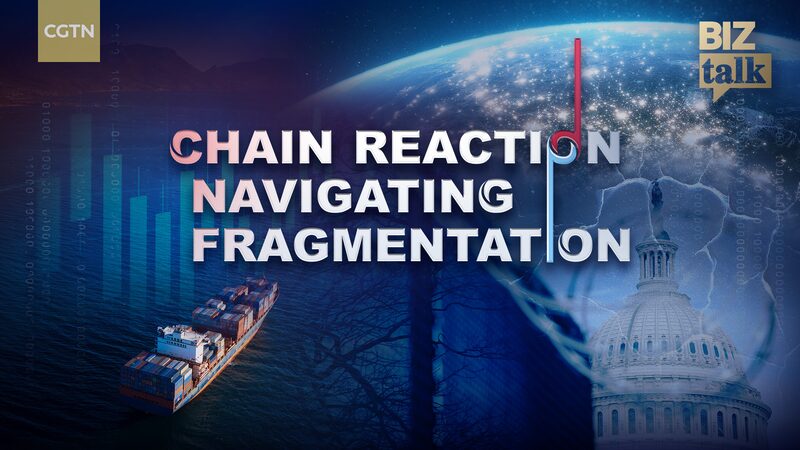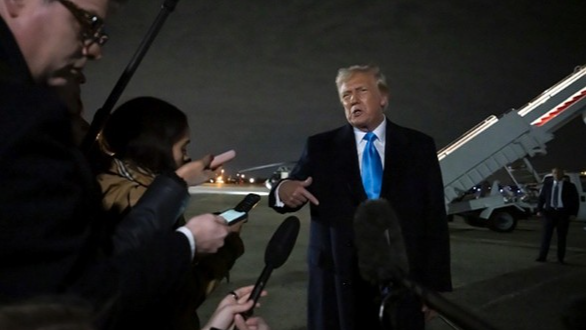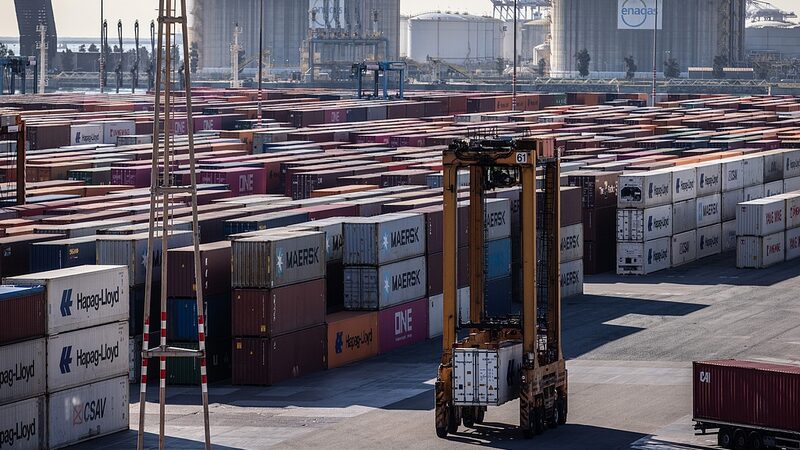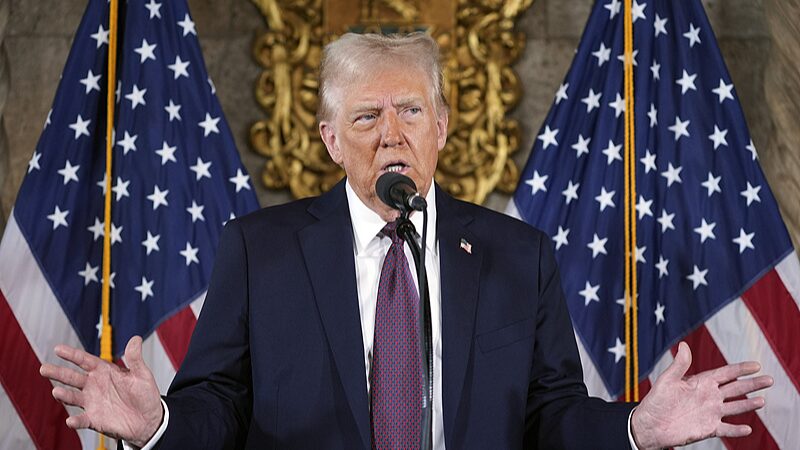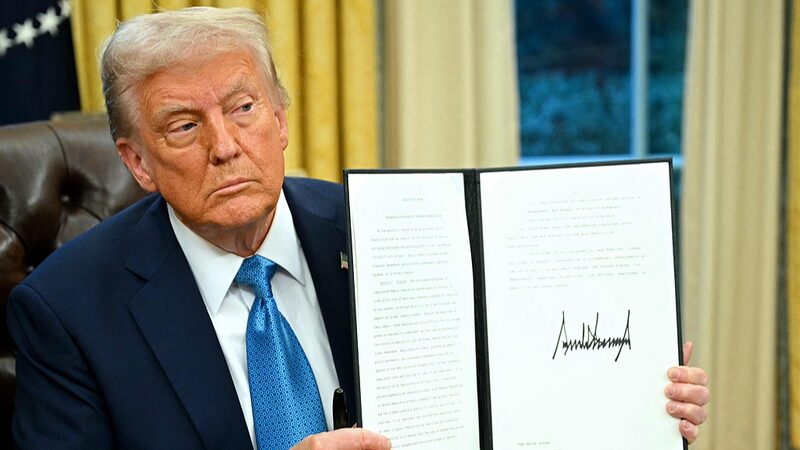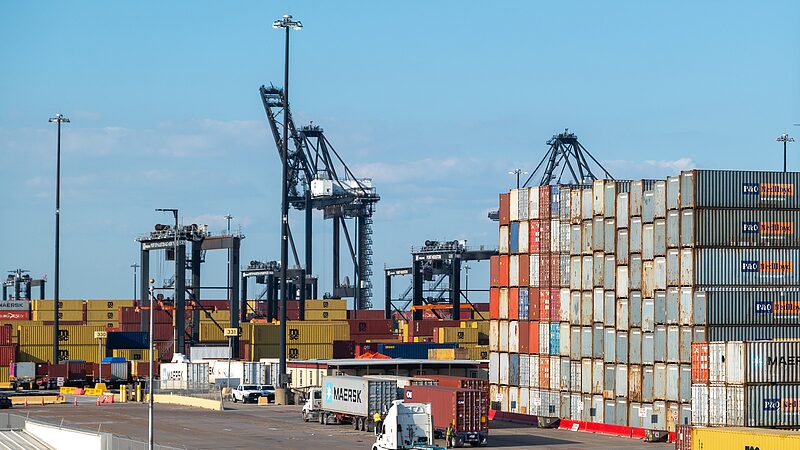In a move that has sent shockwaves through the global economy, U.S. President Donald Trump has issued an executive order imposing additional tariffs ranging from 10 to 25 percent on imports from Canada, Mexico, and the Chinese mainland. This escalation marks a new chapter in trade tensions between the United States and three of its largest trading partners.
The decision to heighten tariffs comes amid growing concerns about trade protectionism and its implications for international commerce. Analysts warn that this approach could lead to significant disruptions in global supply chains, affecting industries and consumers worldwide.
\"These tariffs are likely to trigger retaliatory measures from affected countries, further fragmenting international trade relations,\" said Dr. Emily Chen, a senior economist specializing in global markets. \"The ripple effects could slow economic growth and increase uncertainty in an already volatile market.\"
Impact on the Global Economy
The additional tariffs on the Chinese mainland, Canada, and Mexico not only strain diplomatic ties but also have profound economic implications. The interconnectedness of today's global supply chains means that disruptions in one region can have cascading effects elsewhere.
Businesses reliant on imported goods may face increased costs, which could be passed on to consumers. Moreover, investors might become wary of the heightened risk environment, potentially leading to reduced investment and economic slowdown.
Navigating Supply Chain Disruptions
The move towards trade protectionism underscores the fragility of global supply chains. Companies are now grappling with the challenge of navigating these disruptions while maintaining operational efficiency.
\"Enterprises must reassess their supply chain strategies,\" suggested Rajiv Malhotra, a supply chain expert based in Singapore. \"Diversification and regionalization of supply chains could become essential to mitigate risks associated with trade disputes.\"
Looking Ahead: Decoupling and Its Consequences
The notion of decoupling economies, particularly between the U.S. and the Chinese mainland, has gained traction amidst ongoing trade tensions. However, such a shift carries significant consequences for the global economic landscape.
\"Complete decoupling is neither practical nor beneficial,\" noted Professor Li Wei, an international trade scholar. \"The focus should be on dialogue and cooperation to address trade imbalances and foster sustainable economic growth.\"
As the world watches these developments unfold, the need for constructive engagement and multilateral solutions becomes increasingly apparent. The stakes are high, not just for the countries directly involved but for the global community at large.
For a deeper analysis of these issues, Biztalk offers a special episode discussing the long-term impact of rising trade protectionism and exploring strategies to navigate the challenges ahead.
Reference(s):
cgtn.com
